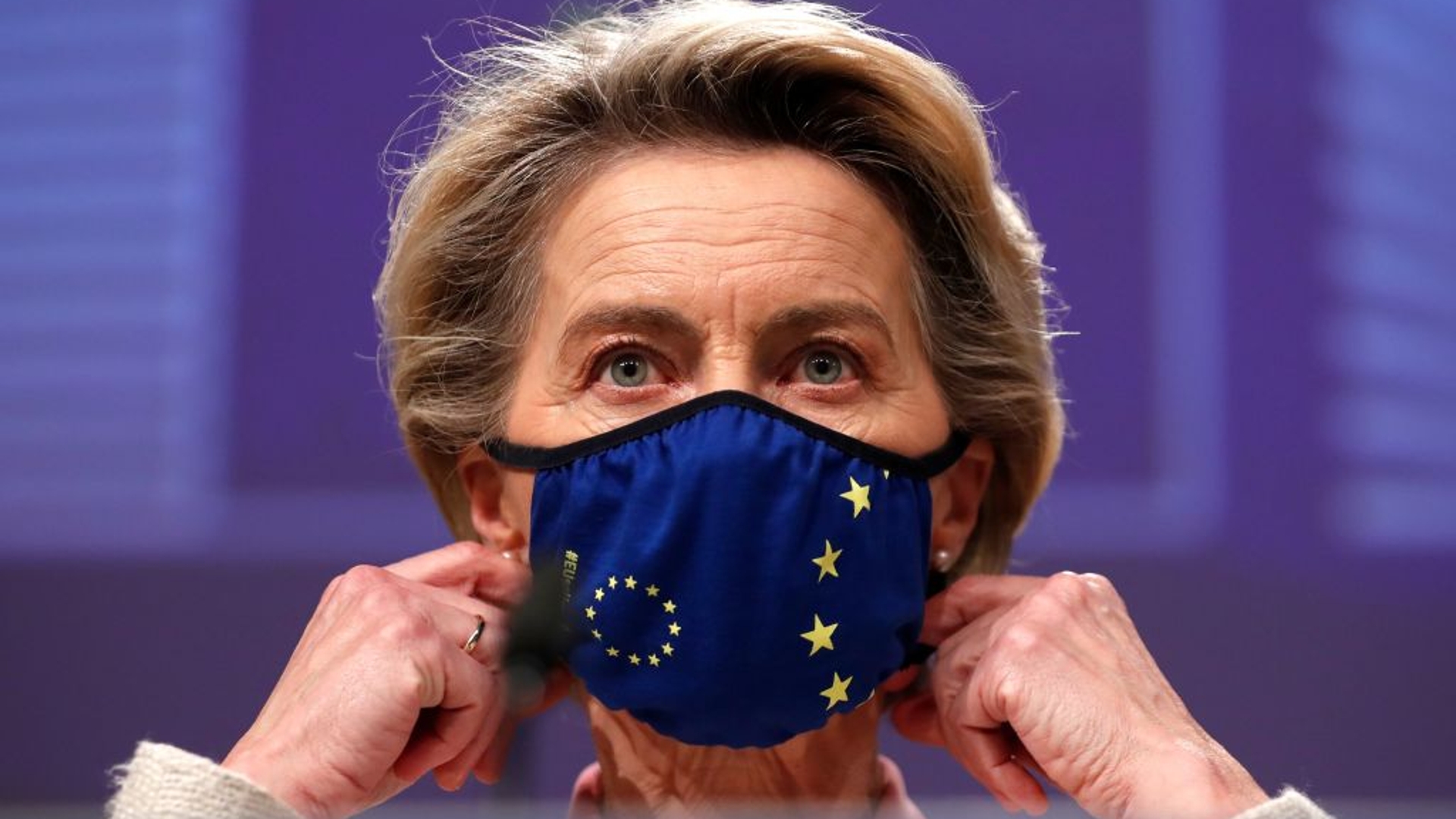Debts would be shared. The strong would offer a helping hand to the weak. Money would be raised at incredibly cheap rates to help countries recover from the impact of Covid-19, while at the same time building back a greener, tech-based economy. Last summer, as the epidemic engulfed the continent, the European Union took a massive step forwards towards a fiscal union, launching the ‘Coronavirus Recovery and Resilience Facility’ with £600 billion of common debt. The more swivel-eyed europhiles hailed it as a ‘Hamilton Moment’, a reference to the first Treasury Secretary of the United States who bound that fledging union together through the bond market. It would be a tangible example of how ‘solidarity’ helped everyone. The trouble is, getting on for a year later, the much-hyped fund is turning out not to be as ‘Resilient’ as it was billed, and may not do much for the ‘Recovery’ either.
The vaccine crisis is just part one of the EU’s botched response to Covid-19
On Friday, the German Constitutional Court threw an almighty spanner in the works when it ruled that the country’s President couldn’t sign off on the ratification of the Fund until it had ruled on whether Germany’s contribution was legal or not. According to the complaint, it may violate the constitution if it limits the budgetary powers of the Bundestag. Whether that is ultimately upheld, of course, remains to be seen. Germany’s Constitutional Court has established a track record of delaying steps towards extending the powers of the EU, and occasionally limiting them, but not, in the end, blocking them. It usually allows it to go ahead, with some judicial grumbling.
Problem solved? Well, not exactly. In fact, the drama over the rescue fund is likely to replay the crisis over the vaccination programme. There are two issues. The first is that it is far, far smaller than it needs to be. It is dwarfed by the £1.3 trillion stimulus blitz launched by President Biden in the United States, which is already sending out £1,000 cheques to everyone who qualifies. By contrast, the Rescue Fund is only £600 billion, and half of that is in the form of loans that countries such as Spain have turned down because they don’t want all the political conditions that come with them.
More seriously, the bungled vaccination campaign means Europe is now facing a third wave of the virus, pushing the tourism-dependent South into an even deeper recession, meaning the stimulus needs to be bigger than the US, not smaller. It is also taking far too long. The important point is this: speed matters. It is not enough for a governing body to be able to respond to a situation. Often it has to be able to do so quickly. A vaccination campaign that takes months is not the same as one that takes weeks when you are in the middle of an epidemic. Likewise, a stimulus plan that takes a couple of years is not the same as one that is launched immediately in the middle of a deep recession. In reality, the vaccine crisis is just Part One of the EU’s botched response to Covid-19. An escalating crisis around the recovery fund will be Part Two – and the EU taking a bad situation and making it worse will be just as damaging to the bloc.







Comments